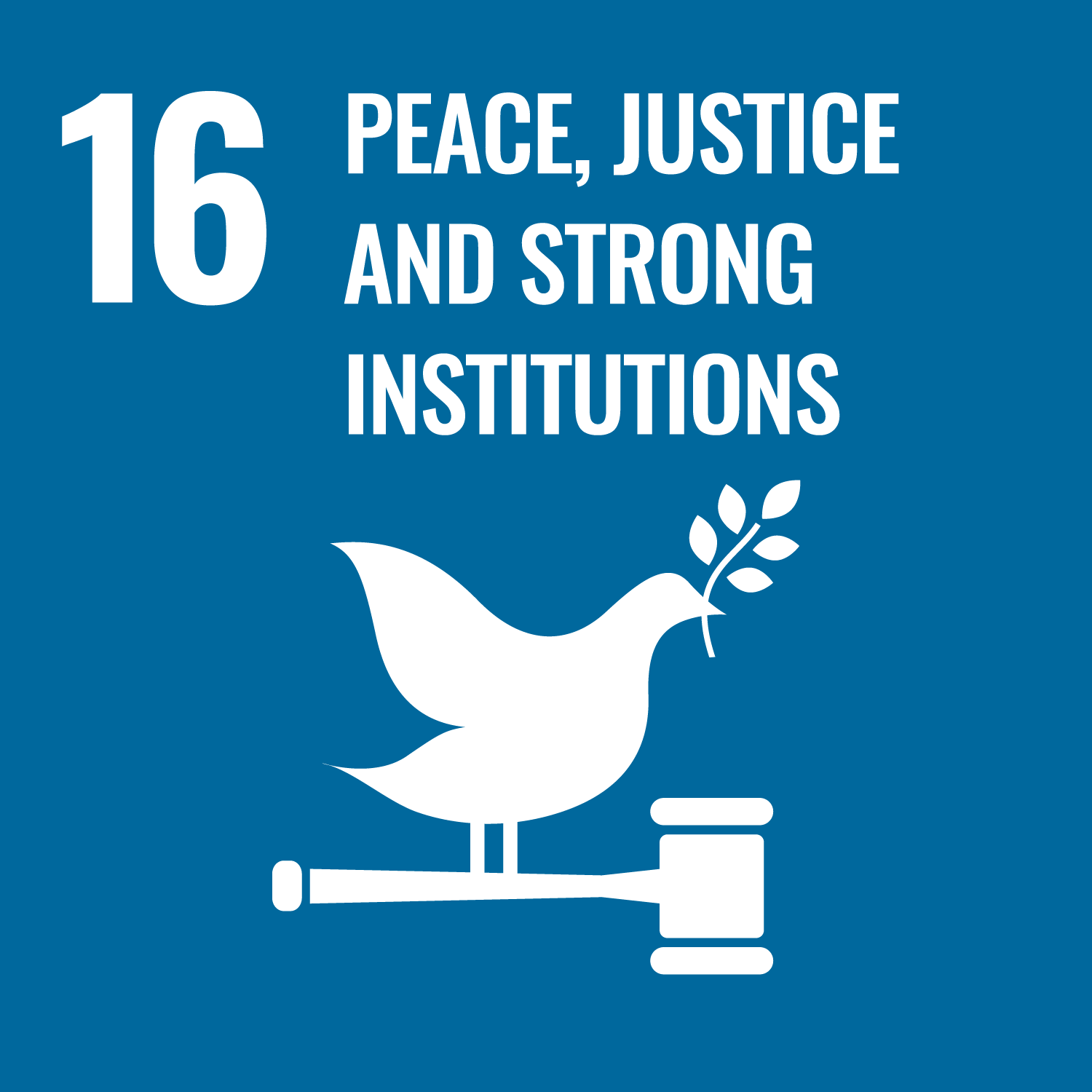ORCID
- PA Welbourne: 0000-0003-3697-8118
Abstract
Too many children remain at risk of harm, regrettably, in all too many societies. This is despite the almost universal acceptance of the 1990 United Nations Convention on the Rights of the Child (UNCRC). Its intention, arguably somewhat naı¨vely, is to create two state imperatives: to protect children against threats of harm; and to advance their welfare. Governments, however, have evidenced a pragmatic reluctance to meet these challenges, perhaps a product of conflicting community expectations on the appropriate role of the state, combined with a scarcity of public resources. For the state to meet its UNCRC obligations requires it to have three crucial capacities. The first is the governance capacity to be able to take the necessary actions to prevent or correct the harm experienced by children. The second is the organizational capacity to direct sufficient resources to do what needs to be done in a timely manner, in a culturally sensitive way, and without causing them other forms of harm. The third is the epistemological capacity to know when it is in the “best interests” of children for the state, in the “public interest,” to stop particular child practices or to separate particular children from their families in order to provide the care and protection they need. These are the ultimate challenges facing governments if they wish to achieve the vision of the state as the protector and promoter of the best interests of children that is embedded in the UNCRC, to which almost all states have committed.
DOI Link
Publication Date
2016-03-04
Publication Title
Poverty and Public Policy
Acceptance Date
2016-02-01
Embargo Period
2017-03-04
Keywords
State-as-parent, Child rights, Child neglect and abuse, Child protection and welfare
First Page
39
Last Page
55
Recommended Citation
Welbourne, P., & Dixon, J. (2016) 'International Perspectives on the State-as-Parent: Naı¨ve Idealism or Reluctant Pragmatism', Poverty and Public Policy, , pp. 39-55. Available at: 10.1002/pop4.114


